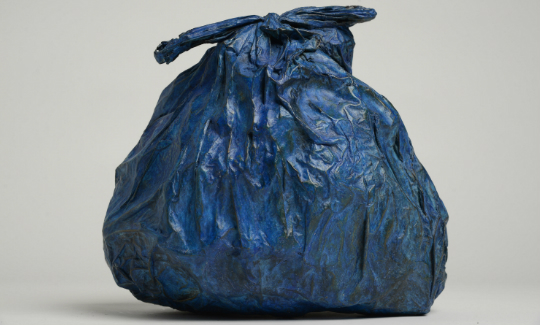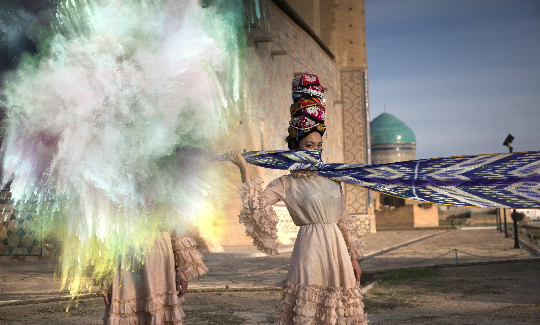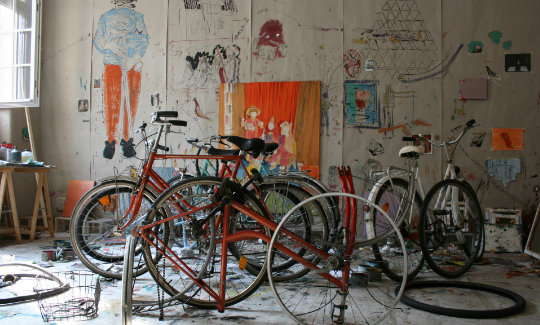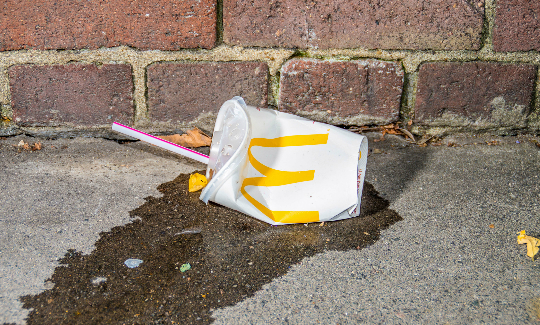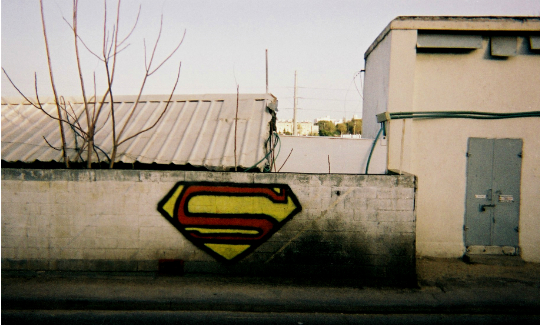Shop It!
Sunday, 22.07.18, 10:00
Sunday, 17.02.19
:
Svetlana Reingold
,Limor Alpern
,Shaked Shamir
More info:
04-6030800
The desire for objects, the passion for "shopping," is translated today into a popular pastime. Indeed, a large part of happy humanity solemnly attends the rituals of consumption, equipped with credit cards. Its goal is to find meaning and discover a new identity: "I consume, therefore I am"; I am inseparable from a large group of happy beings – consumers of merchandise and opportunities.
Nowadays, the individual who acquires too little is perceived as selfish, misanthropic, indifferent to the economy on which he depends. A person dressed unfashionably, or not in possession of the latest computer model, may encounter negative responses or even suffer ostracism. Owning property is equated with high status and respect, while lacking property means a lack of status.
French philosopher Jean Baudrillard emphasized the manner in which objects are produced in a consumer society in order to symbolize status and prestige. Consumption does not unify, but rather differentiates via sign systems. Lifestyle and values – rather than economic need – underlie social life. Codes control us by means of brands, enforcing a uniform collective vision. Thereby even an "anti-consumerism" discourse becomes part of the system. In this context, art scholar Boris Groys argues that "nothing in the modern consumer society is consumed with such relish as criticism of consumption."
Theorists Theodor Adorno and Max Horkheimer coined the term "culture industry" to denote the way in which products of human creativity have undergone a process of objectification. The consuming subject can no longer expect art to fulfill a liberating role in his life. On the contrary: artistic and cultural goods are themselves used as a kind of narcotic, obeying an oppressive social order that prevents independent and critical thought. The "culture industry" also attempts to obscure the act of oppression. Philosopher Jacques Rancière stressed that art that declares its intent to critique society and intervene in social life is in fact imitating its own effects. Thereby art risks becoming a parody of the effect attributed to it.
With this in mind, the present cluster of exhibitions addresses the question: how can one produce an artistic intervention that will not be co-opted by the system? The artists displayed in it choose to test the system's limits in order to challenge its equilibrium. The different exhibitions focus on the artists' subversion of "consensual" ideas and practices familiar in the context of economic globalization. The cluster examines the options still available for artists to realize their subversive impulse, such as turning the weapons of the capitalist enemy against it: advertisements, spectacle, replication, reproduction, viral dissemination via the internet and more.
The cunning strategy the artists employ introduces a "capitalist Trojan horse" into the enemy camp, seeking to undermine it from within. Their works assist in exposing the forms of alienated social relations created by the language of commodities. Thereby, these artists contribute to the formation of a common "polemic" mindset that can reconstruct the basic social functions whose existence is threatened by the arbitrariness of market forces. Art thus locates itself as a means of restoring social connection.


